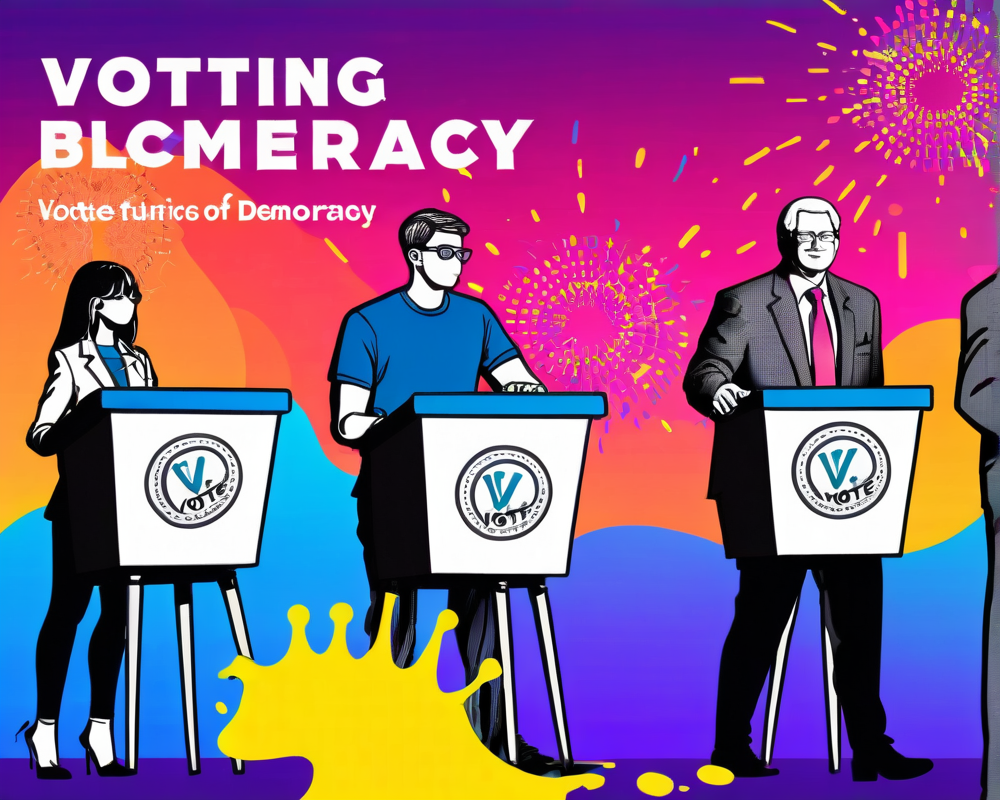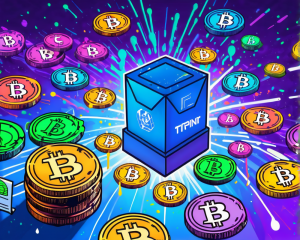The Importance of Voting in a Democracy
Voting is the lifeblood of democracy, a sacred ritual where citizens engage in shaping their government and society. It’s not simply about tossing a ballot into a box; it’s about giving individuals the power to influence policies that impact everyday life. However, the voting process has a few skeletons in its closet that seem to haunt it.
Challenges of Traditional Voting Systems
Let’s face it; traditional voting processes are like that relative who shows up at family gatherings but you wish would just stay home. Issues like double voting, spurious votes, and ballot privacy concerns have made headlines more often than any soap opera character’s shocking twist. And the costs? Don’t get me started; organizing elections can drain the budget faster than you can say, “Your vote matters!” Just ask India, which reportedly spent nearly $8 billion in its last national elections!
The Internet Voting Dilemma
On to the shiny new toy: internet voting. It sounds nice, right? Voting from the comfort of your couch, possibly in your pajamas (no judgment here). But before we start celebrating, let’s put on our serious hats. Areas like internet accessibility and voter adaptability are huge hurdles. Plus, what about pesky security issues like hacking? The lack of a foolproof “one person, one vote” guarantee can send shivers down anyone’s spine when considering internet voting.
Blockchain: The Tech Savior?
Now, here enters the knight in digital armor: blockchain. The concept comes with promises of decentralization and enhanced security, even if the whole energy consumption topic might make Mother Nature cringe a little. For small countries, it might be a viable option—Tuvalu can wrap up voting in just under 12 minutes on Ethereum. But for giants like India? We’re talking years to scrape through!
Finding a Solution: Merging Technologies
So, what’s the escape route? Combining blockchain with biometrics appears to be a promising jackpot. Imagine a world where not just votes, but identities are registered and verified in a secure, energy-efficient manner! This combo could make the voting process smoother than your average jazz playlist. Think scalability combined with robust security.
Conclusion: A New Hope for Voting
As we toss ideas around like confetti, one thing is clear: the path towards a flawless voting mechanism is littered with obstacles. But if innovative thinkers put their heads (and tech-savvy brains) together, the future of voting can indeed be a secure, fair process. Who knows, maybe one day we’ll look back and laugh at the times we thought a little ink on paper was the peak of democratic sophistication!















+ There are no comments
Add yours